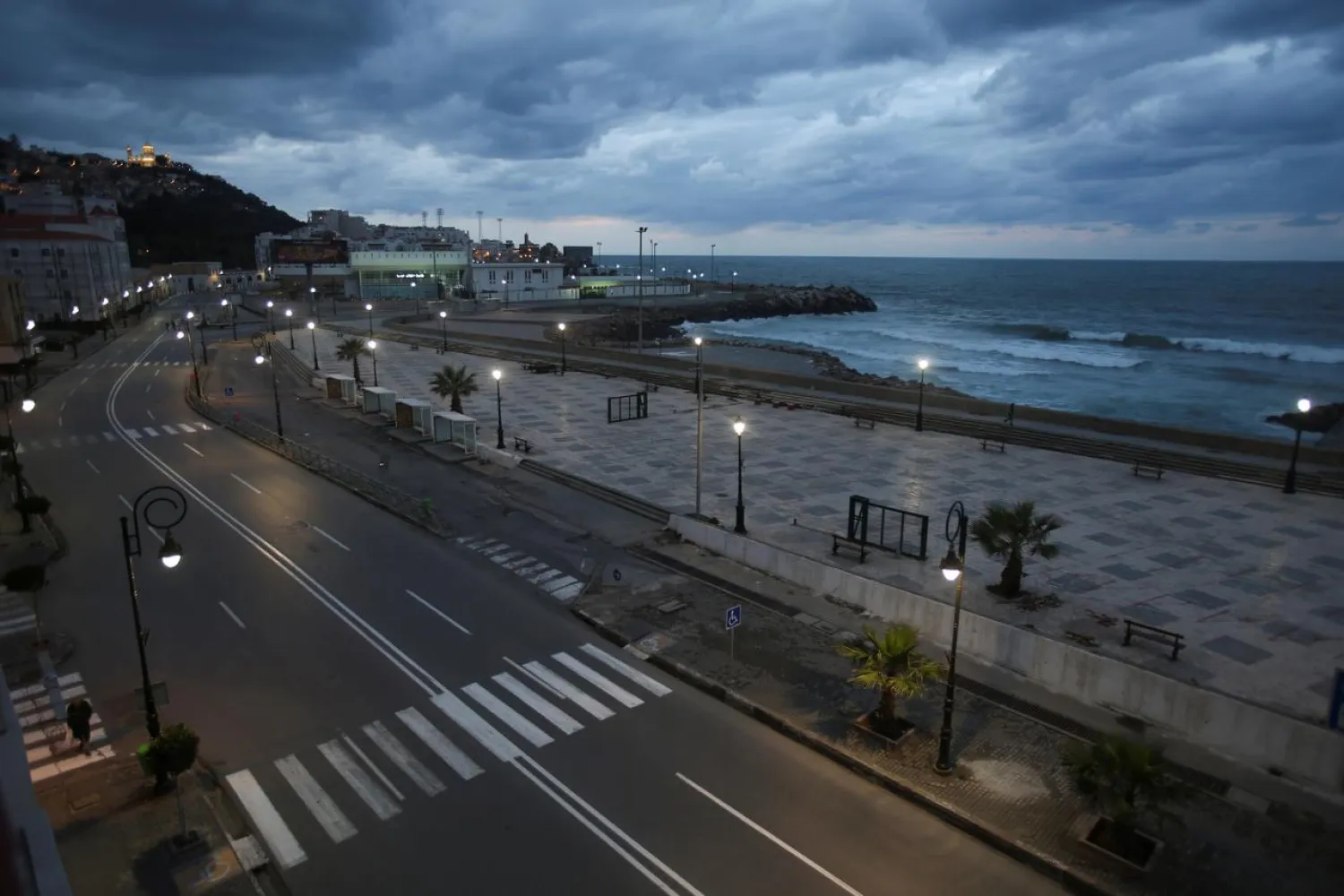Algeria’s government, aiming to ease the impact of the coronavirus lockdown on state and private firms, will freeze the payment of taxes, the finance ministry said on Monday.
The move, which comes amid growing pressure on state finances due to a drop in energy earnings, follows a decision earlier this year to suspend the implementation of penalties on companies for delays in carrying out projects.
The government has also approved a measure to defer or reschedule loan payments for firms suffering losses due to restrictions meant to limit the spread of the pandemic.
OPEC member Algeria’s economy has been significantly hit because of a fall in global crude oil prices since the coronavirus outbreak which pushed down demand on international markets.
Oil and gas account for 60% of the state budget and 93% of total export revenue as the authorities have failed for now to diversify the economy away from energy.
Lockdowns aimed at reining in infections have further affected production in the North African nation of 45 million people.
The economy contracted 3.9% in the first quarter of 2020 compared with a 1.3% growth in the same period last year, according to official data.
But that situation has not prevented the government from taking steps to help firms with the aim of maintaining output and jobs mainly in the non-energy sector.
“Those measures aim to alleviate the repercussions of the health crisis and ensure the revival and preservation (of firms’) activities,” the finance ministry said in a statement.









